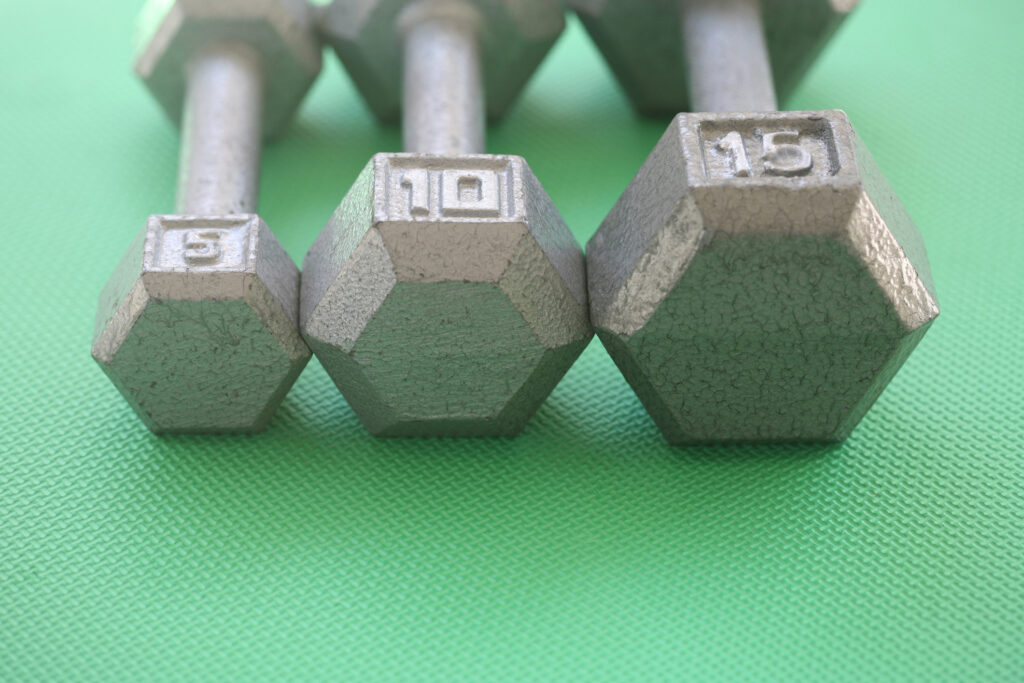Recovering from surgery changes your life in many positive ways, but it requires a commitment to after-care. With this simple guide to post-weight-loss surgery, you’ll have the tools you need to make a smooth recovery and stick to a long-term health plan.

Time off work
Your body will need to recover from your surgery, so you should plan to take some time off work. Recovery times depend on the kind of weight-loss surgery you’re having, as well as any complications. You may require additional time off if you work at a job that’s physically strenuous.
It’s a good idea to anticipate being off work for at least two weeks, although you may be able to go back sooner. Most lap band and sleeve gastrectomy patients are able to return to work within one week.

Post-surgery pain
Post-surgery pain varies from person to person. If you experience gas-related discomfort,this can be alleviated by walking and using Gas-X® strips. Since bariatric procedures are performed laparoscopically, your incision will probably be smaller and less painful than with other types of surgery,and the pain will usually go away within three to four days post-surgery.

Activities to avoid
You’ll need to avoid strenuous activity for three to six weeks after your surgery. Avoid lifting anything that’s heavier than 20 to 30 pounds,and steer clear of activities that require a pushing and pulling motion (like vacuuming).
You should also avoid sitting and standing for long periods of time without moving. Change positions when you’re sitting, and walk around instead of standing still.

Vitamins
You’ll be eating much smaller portions after your weight-loss surgery,and your body may not adequately absorb nutrients. As a result, you should take vitamin supplements,as failing to get the nutrition you need can cause serious health issues.
Keep in mind that there are vitamins specifically formulated to meet the nutritional requirementsof weight-loss surgery patients,and it’s important to meet with a nutrition expert to create a personalized plan.

Diet
Your surgeon and nutrition expert will recommend dietary changes that may include the following:
- Eat small amounts of food several times a day.
- Eat slowly and chew your food well.
- Stay well hydrated, but avoid drinking with meals.
- Avoid foods that are high in sugar and fat.
- Eat nutritious meals that include plenty of protein (such as fish, meat, dairy products and beans) as well as fresh vegetables and fruits.
- Avoid eating an excessive amount of carbohydrates, which can cause rebound hunger and may lead to you regaining weight.

Exercise
To avoid post-surgery complications and maintain your weight loss, walking is recommended as soon as you’re able to do so. Start slowly by walking around your house a few times and build up your activity from there.Remember, it’s important to be consistent.
In addition, meeting with an exercise physiologist who specializes in recovering from weight-loss surgery can help you learn how to maximize the efficiency of your workout.
If you’re considering bariatric surgery, contact BMI of Texas to learn about the entire process, from the initial consultation to recovering from surgery.
You may also be interested in: Do I Qualify for Weight Loss Surgery Quiz

